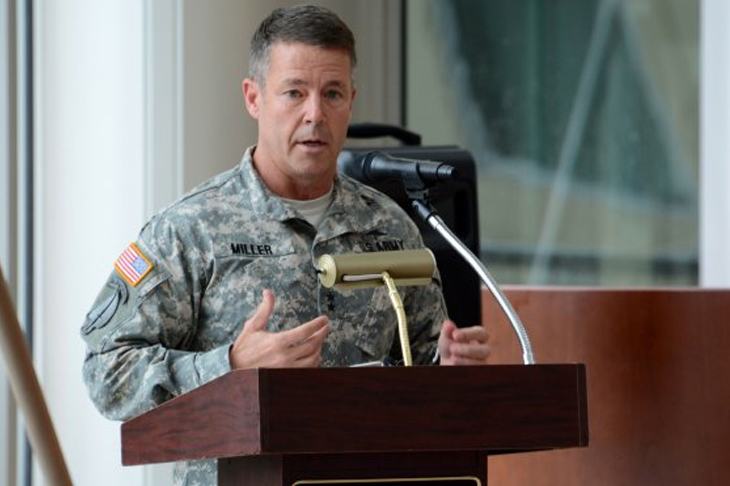Assuming his confirmation by the Senate, which appears to be all but certain, Lieutenant General Austin Scott Miller will become the 17th American officer to preside over the Afghanistan War. He will not be the last. Regarding the possibility that this war might someday end, Miller admitted to the Senate Armed Services Committee, “I can’t guarantee you a timeline or an end date.”
The general’s candour was both commendable and appalling – commendable in that he was telling the truth, appalling in the sense that he finds that truth not especially troubling. Let it be said in his defense, however, that the rest of the officer corps and most members of the national security establishment have long since accommodated themselves to the prospect that this most protracted war in U.S. history just might continue more or less forever.
Miller has more than earned the fourth star that will be his when he arrives in Kabul. His 35-year career in the U.S. Army, dating from his graduation from West Point in 1983, constitutes a running narrative of post-Cold War U.S. military history. It’s all there: tours in Somalia, the Balkans, Iraq, and Afghanistan, along with lots of time spent serving in super-secret special operations units doing who knows what who knows where. On his dress uniform, Miller wears 13 overseas service bars, each one indicating six months served in combat. He is an exemplar of a military establishment that is now permanently on campaign.
Miller will assume responsibility for a war that the current U.S. commander General John Nicholson and the current defense secretary (and retired senior Marine officer) James Mattis have both conceded is stalemated. Nothing that Miller offered in the written statement that he provided to the Senate Armed Services Committee suggests any disagreement with that assessment.
His vision, to the extent that he has one, reduces to a single word: Persist.
He will do what his predecessors have been vainly attempting to do for most of the past 17 years: pursuing the bad guys, trying to create Afghan forces and an Afghan government that demonstrate a modicum of competence; seeking to curb corruption and opium production; imploring Pakistan to stop making mischief; hoping that the Taliban and other anti-government forces will tire of the struggle and lay down their arms
This approach hasn’t worked so far, indeed, hasn’t come close. General Miller wants us to believe that given more time it still might. And if not, there is no doubt an 18th commander waiting in the wings and eager to have a chance.
Andrew J. Bacevich is the author most recently of America’s War for the Greater Middle East: A Military History.

























